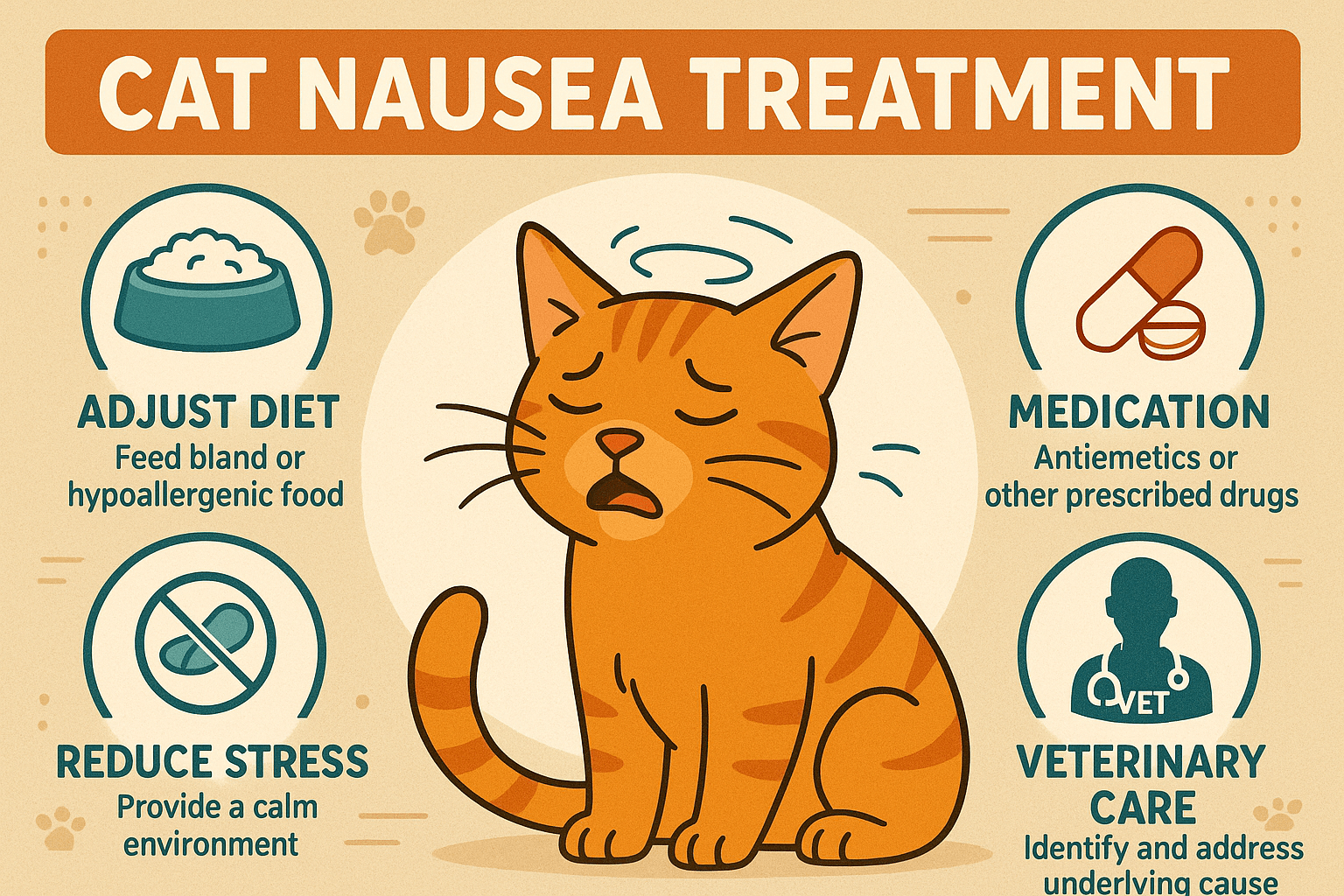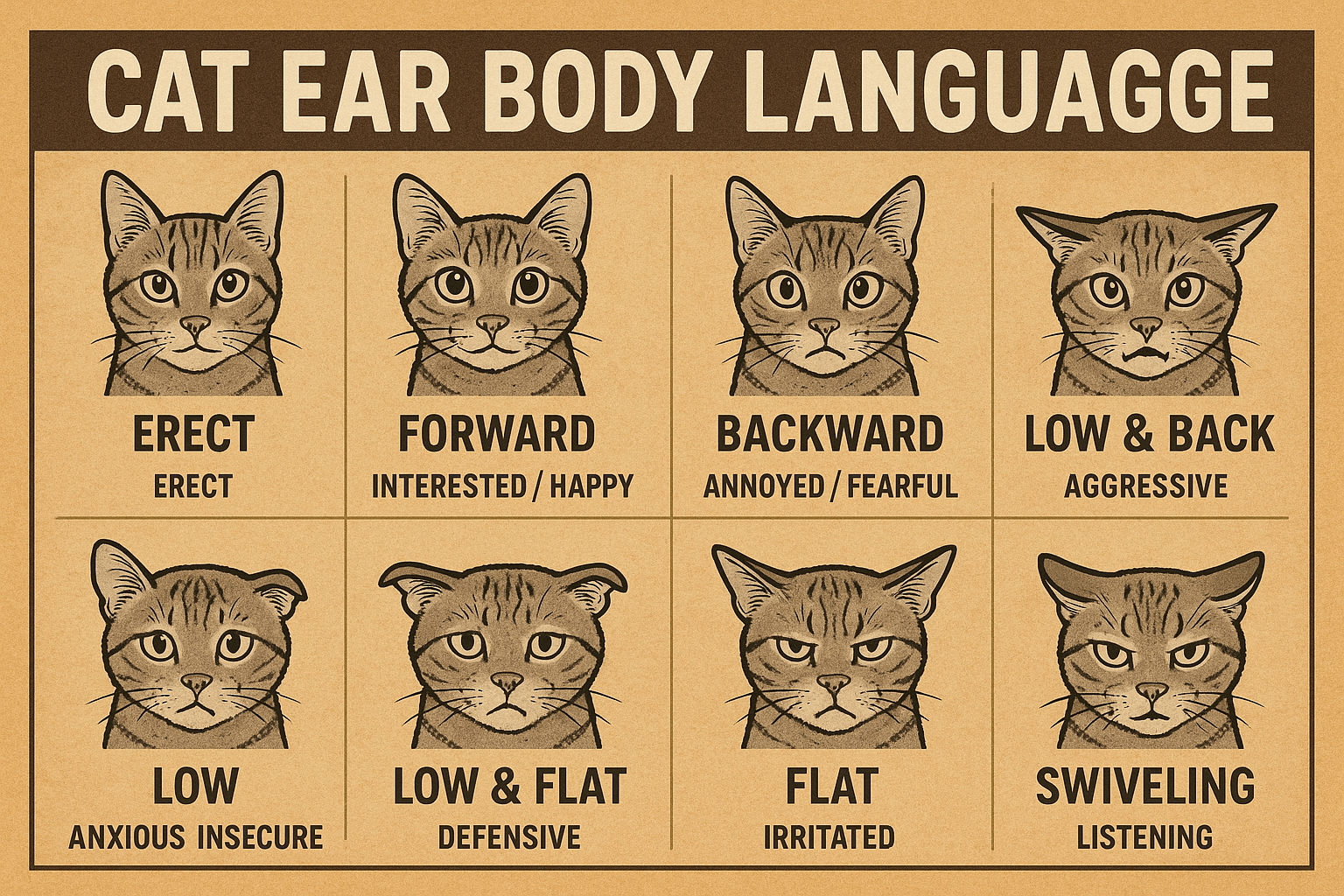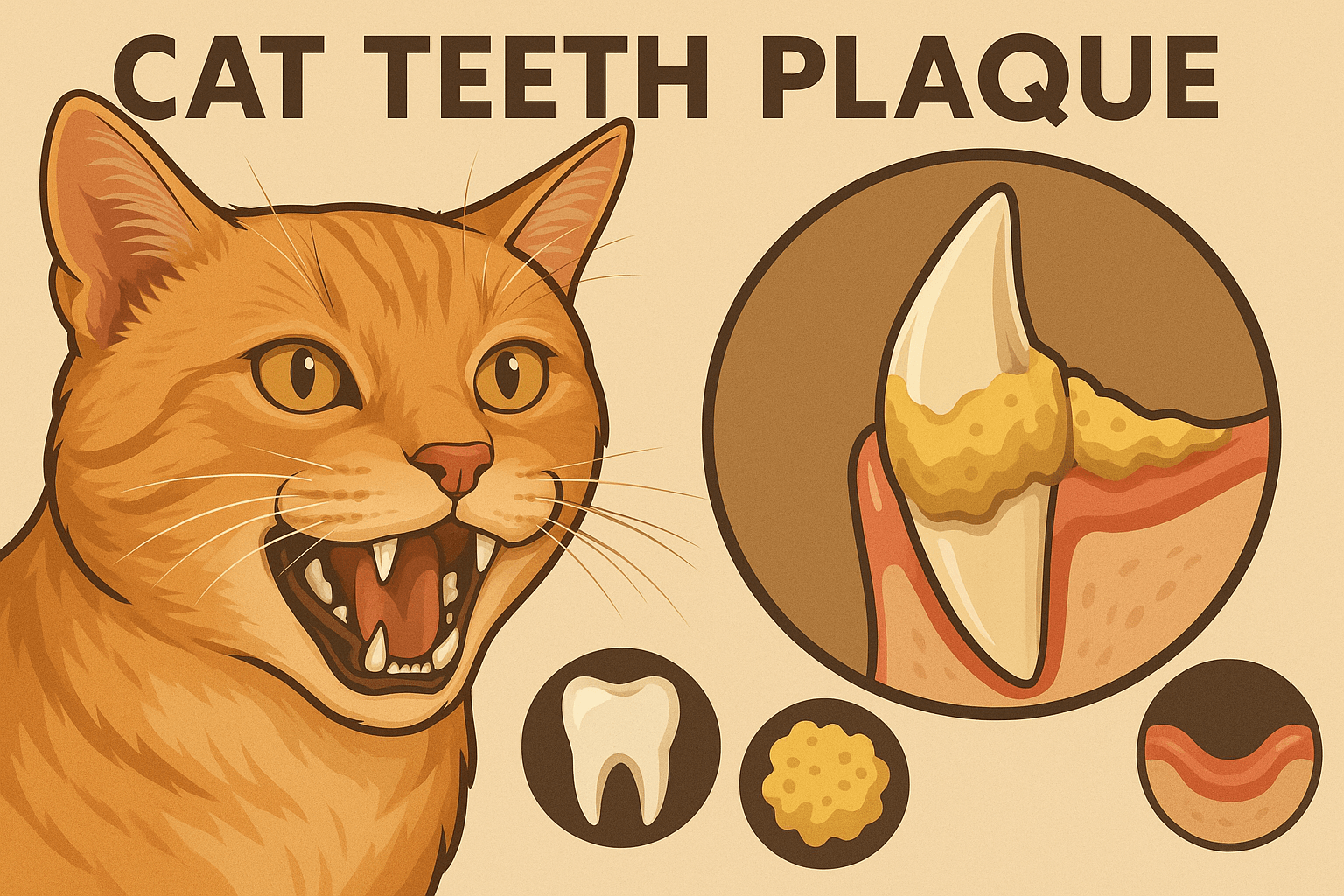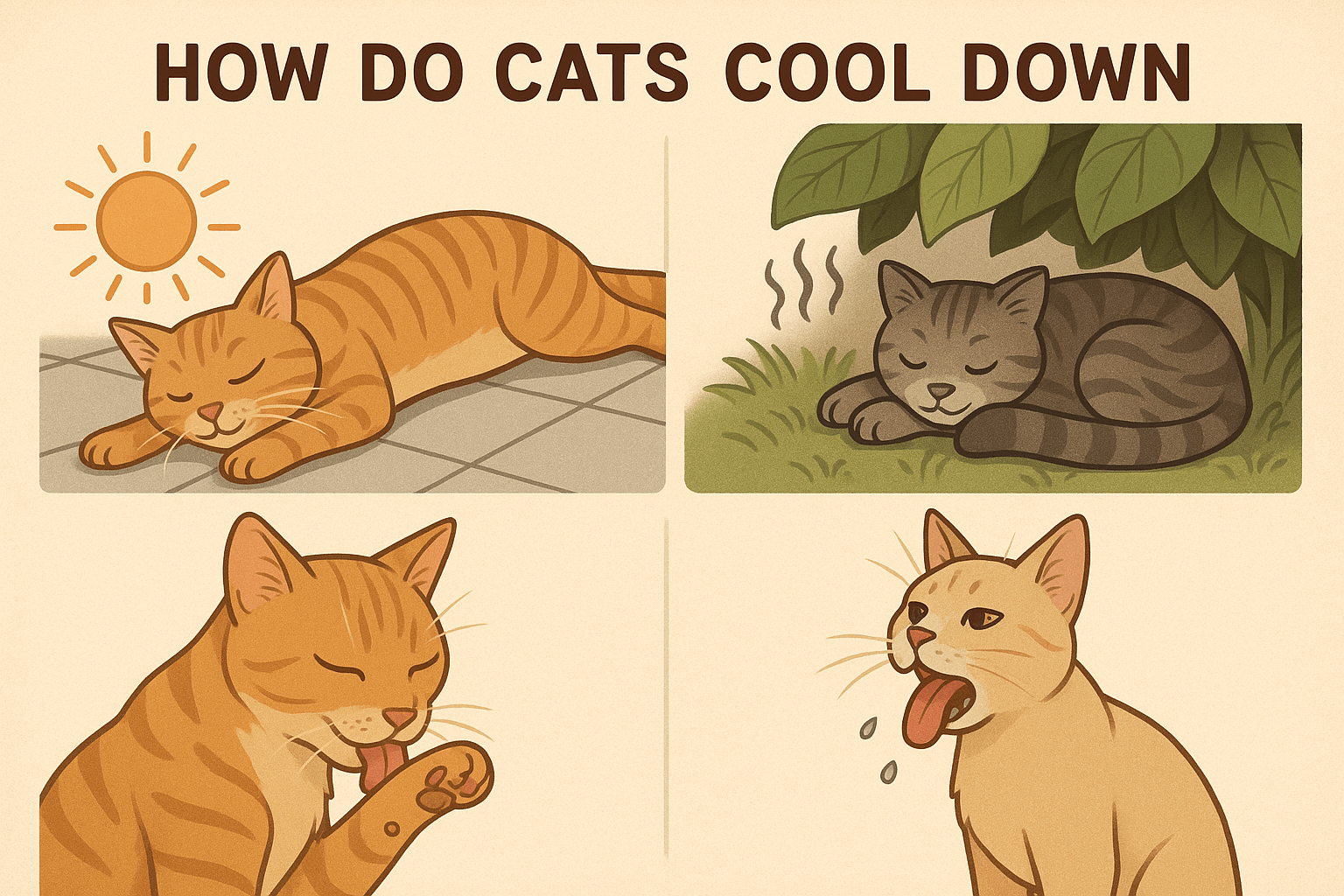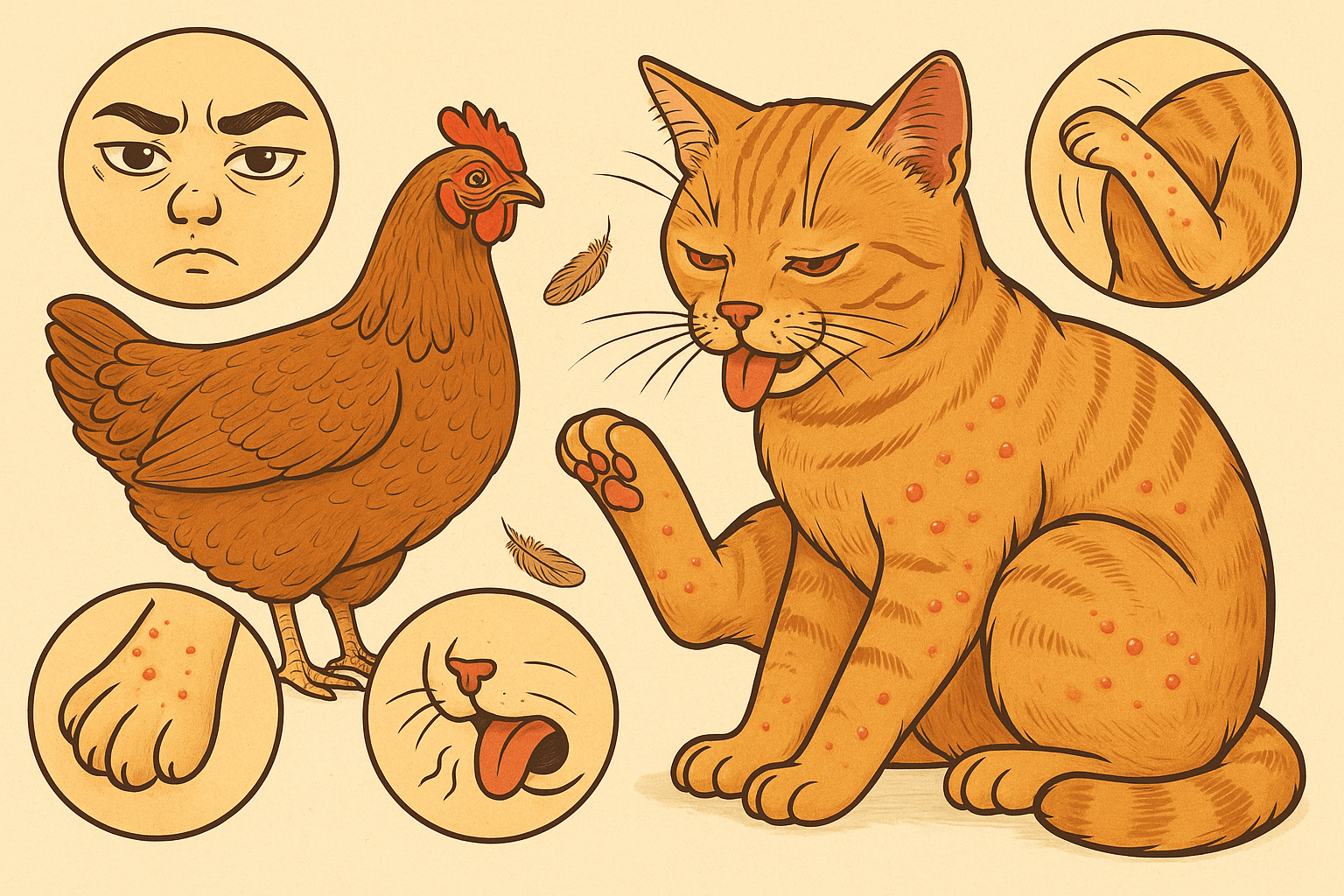Cat Nausea Treatment: Helping Your Feline Feel Better
Nausea in cats is more common than you might think, and it can stem from a variety of causes, ranging from dietary indiscretions to underlying health conditions. While occasional nausea may not be cause for alarm, persistent or severe episodes require prompt attention to ensure your cat’s well-being. As a responsible pet owner, understanding the signs, causes, and treatment options for cat nausea is essential. This guide will walk you through everything you need to know about managing and treating nausea in your feline friend, ensuring they feel comfortable and healthy again.
Common Causes of Cat Nausea
Identifying the root cause of your cat’s nausea is the first step toward effective treatment. Here are some of the most common reasons why cats experience nausea:
Dietary Issues:
Sudden changes in diet, spoiled food, or eating too quickly can upset your cat’s stomach and lead to nausea.Hairballs:
Cats frequently groom themselves, and ingested hair can accumulate in their digestive tract, causing discomfort and vomiting.Motion Sickness:
Traveling in cars or other forms of transportation can trigger nausea in sensitive cats.Underlying Health Conditions:
Conditions such as kidney disease, pancreatitis, or gastrointestinal disorders often manifest with nausea as a symptom.Toxins or Foreign Objects:
Ingesting toxic substances or swallowing non-food items can irritate the stomach and lead to nausea.
Understanding these potential triggers can help you take proactive steps to prevent or address nausea in your cat effectively.
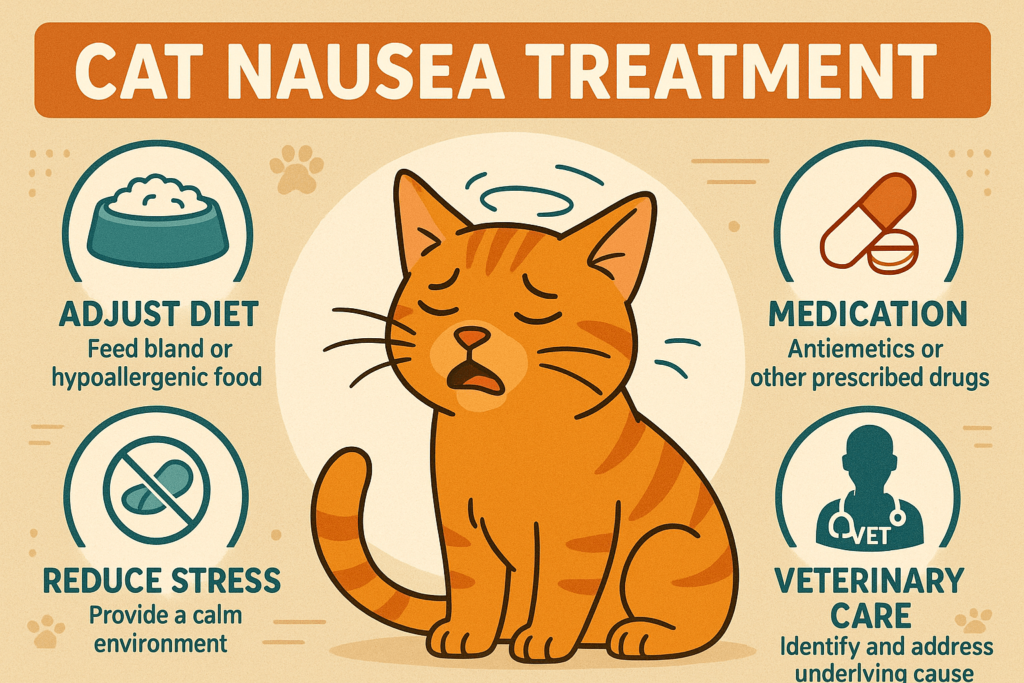
Signs Your Cat May Be Experiencing Nausea
Cats are masters at hiding discomfort, so recognizing the subtle signs of nausea is crucial for early intervention. Look out for these indicators that your cat may be feeling unwell.
Excessive Drooling:
Unusual drooling can be a sign that your cat is feeling nauseous or experiencing stomach irritation.Lethargy and Restlessness:
A nauseous cat may appear unusually tired or restless, pacing around the house in search of comfort.Loss of Appetite:
Refusing to eat or showing disinterest in food is a common symptom of nausea.Vomiting or Dry Heaving:
While vomiting itself isn’t always a sign of nausea, dry heaving or retching indicates stomach distress.Hiding Behavior:
Cats often retreat to quiet spaces when they’re feeling unwell, signaling their need for solitude and rest.
By paying close attention to these signs, you can identify nausea early and provide timely care for your furry companion.
Check this guide 👉Cat Drooling After Medicine: Best 7 Expert Tips!
Check this guide 👉Is Cat Drool Harmful to Humans? Best 7 Expert Tips!
Check this guide 👉Why Does My Cat Drool When Happy? Best 7 Expert Tips!
Home Remedies for Cat Nausea | When to See a Vet |
|---|---|
Offer small amounts of plain water | Persistent vomiting over 24 hours |
Provide bland foods like boiled chicken | Blood in vomit or stool |
Use ginger supplements (vet-approved) | Lethargy accompanied by lack of appetite |
Encourage gentle hydration with ice cubes | Swollen abdomen or signs of pain |
Groom regularly to prevent hairballs | Exposure to toxins or foreign objects |
Effective Home Treatments for Cat Nausea
If your cat is experiencing mild nausea, there are several safe and effective treatments you can try at home. These remedies can help soothe your cat’s stomach and alleviate discomfort.
Offer Bland Foods:
Serve small portions of boiled chicken or plain pumpkin puree to settle your cat’s stomach without overwhelming their digestive system.Encourage Hydration:
Ensure your cat stays hydrated by offering fresh water or ice cubes, which they may prefer licking during bouts of nausea.Use Ginger Supplements:
Ginger has natural anti-nausea properties, but consult your vet before administering any supplements to ensure safety.Limit Stressful Stimuli:
Create a calm environment by minimizing loud noises or sudden changes that could exacerbate your cat’s nausea.Groom Regularly:
Frequent brushing reduces the amount of hair your cat ingests, lowering the risk of hairball-related nausea.
These home treatments can provide relief for mild cases of nausea while promoting overall digestive health.
Veterinary Treatments for Severe Nausea
In cases where home remedies aren’t enough, seeking veterinary care is essential. Veterinarians have access to advanced diagnostic tools and treatments to address persistent or severe nausea.
Diagnostic Tests:
Blood work, X-rays, or ultrasounds can help identify underlying conditions causing your cat’s nausea.Medications for Nausea:
Anti-nausea medications like maropitant or metoclopramide may be prescribed to alleviate symptoms and restore appetite.Fluid Therapy:
Intravenous fluids can rehydrate your cat and correct electrolyte imbalances caused by prolonged vomiting or dehydration.Specialized Diets:
Prescription diets designed for sensitive stomachs can help manage chronic nausea and improve digestion.Surgery for Obstructions:
In rare cases, surgery may be necessary to remove foreign objects or address blockages causing nausea.
Veterinary intervention ensures your cat receives comprehensive care tailored to their specific needs.
Preventing Future Episodes of Nausea
Preventing future episodes of nausea involves making adjustments to your cat’s environment and routine. Proactive measures can reduce the likelihood of recurrence and promote long-term health.
Establish a Consistent Feeding Schedule:
Feeding your cat at the same times each day helps regulate their digestive system and minimizes stomach upset.Avoid Sudden Diet Changes:
Gradually transition to new foods over 7-10 days to give your cat’s stomach time to adjust.Provide Safe Toys and Enrichment:
Replace small toys or hazardous objects that could be swallowed, reducing the risk of foreign body ingestion.Minimize Household Stressors:
Keep your home environment stable and free of sudden disruptions to prevent stress-related nausea.Schedule Regular Vet Checkups:
Routine exams can catch underlying health issues early, preventing complications that could lead to nausea.
Taking these preventive steps can significantly reduce the chances of your cat experiencing nausea in the future.
Natural Remedies for Cat Nausea
For cat owners who prefer holistic approaches, natural remedies can complement traditional treatments for mild nausea. These options are gentle and easy to incorporate into your cat’s care routine.
Slippery Elm Bark:
This herbal supplement soothes the digestive tract and reduces inflammation, making it ideal for calming an upset stomach.Probiotics for Cats:
Probiotics support gut health by balancing the microbiome, which can reduce nausea caused by digestive imbalances.Chamomile Tea (Cool and Diluted):
Chamomile has calming properties that can ease nausea when offered in very small amounts.Aloe Vera Juice (Food-Grade):
A few drops of food-grade aloe vera juice mixed with water can aid digestion and relieve mild nausea.CBD Oil (Vet-Approved):
CBD oil has gained popularity for its anti-inflammatory and calming effects, though it should only be used under veterinary guidance.
These natural remedies offer safe alternatives for supporting your cat’s digestive health.
Understanding Chronic Nausea in Cats
Chronic nausea requires special attention, as it often points to an ongoing issue that needs to be addressed. Understanding this condition can help you advocate for your cat’s health effectively.
Symptoms of Chronic Nausea:
Persistent drooling, frequent vomiting, and weight loss are key indicators of ongoing nausea.Potential Causes:
Conditions like inflammatory bowel disease (IBD), liver disease, or food allergies may contribute to chronic nausea.Importance of Early Diagnosis:
Identifying the cause early prevents further complications and improves treatment outcomes.Long-Term Management Strategies:
Dietary modifications, medications, and regular monitoring can help manage chronic nausea effectively.Emotional Impact on Cats:
Chronic nausea can affect your cat’s mood and behavior, emphasizing the importance of addressing the issue promptly.
By educating yourself about chronic nausea, you can work closely with your vet to ensure your cat receives the best possible care.
Frequently Asked Questions About Cat Nausea Treatment
What should I do if my cat vomits once?
Monitor your cat closely and withhold food for a few hours to allow their stomach to settle. Offer small amounts of water afterward.
Can stress cause nausea in cats?
Yes, environmental changes, travel, or loud noises can trigger stress-induced nausea in sensitive cats.
Is it normal for kittens to experience nausea?
Occasional nausea in kittens can occur due to dietary changes or teething, but persistent symptoms should be evaluated by a vet.
How can I prevent hairballs from causing nausea?
Regular grooming, hairball control treats, and specialized diets can reduce the frequency of hairball-related nausea.
Are certain breeds more prone to nausea?
While all cats can experience nausea, breeds with flat faces (like Persians) may be more susceptible to motion sickness or respiratory-related nausea.
Supporting Your Cat Through Nausea
Nausea in cats can be unsettling, but with the right knowledge and tools, you can help your feline friend recover quickly and comfortably. From identifying the underlying causes to implementing home remedies or seeking veterinary care, addressing nausea requires patience and attentiveness. By staying proactive and observant, you can ensure your cat’s digestive health remains strong and their quality of life high. Remember, your love and care make all the difference in helping your cat feel better.
Understanding Cat Ear Body Language: Best 7 Expert Tips! Decode your cat’s emotions through their ears, improve communication, and strengthen your bond with these expert insights into feline behavior.
Understanding Cat Teeth Plaque: Best 7 Expert Tips! Discover expert advice on preventing plaque, maintaining your cat’s oral health, and ensuring a happy, healthy feline companion.
How Do Cats Cool Down? Best 7 Expert Tips! Discover how cats naturally regulate their body temperature and learn expert advice to keep your feline cool, comfortable, and safe in hot weather.
Cat Chicken Allergy: Best 7 Expert Tips! Discover expert advice on identifying, managing, and preventing chicken allergies in cats for a healthier, happier feline companion.

